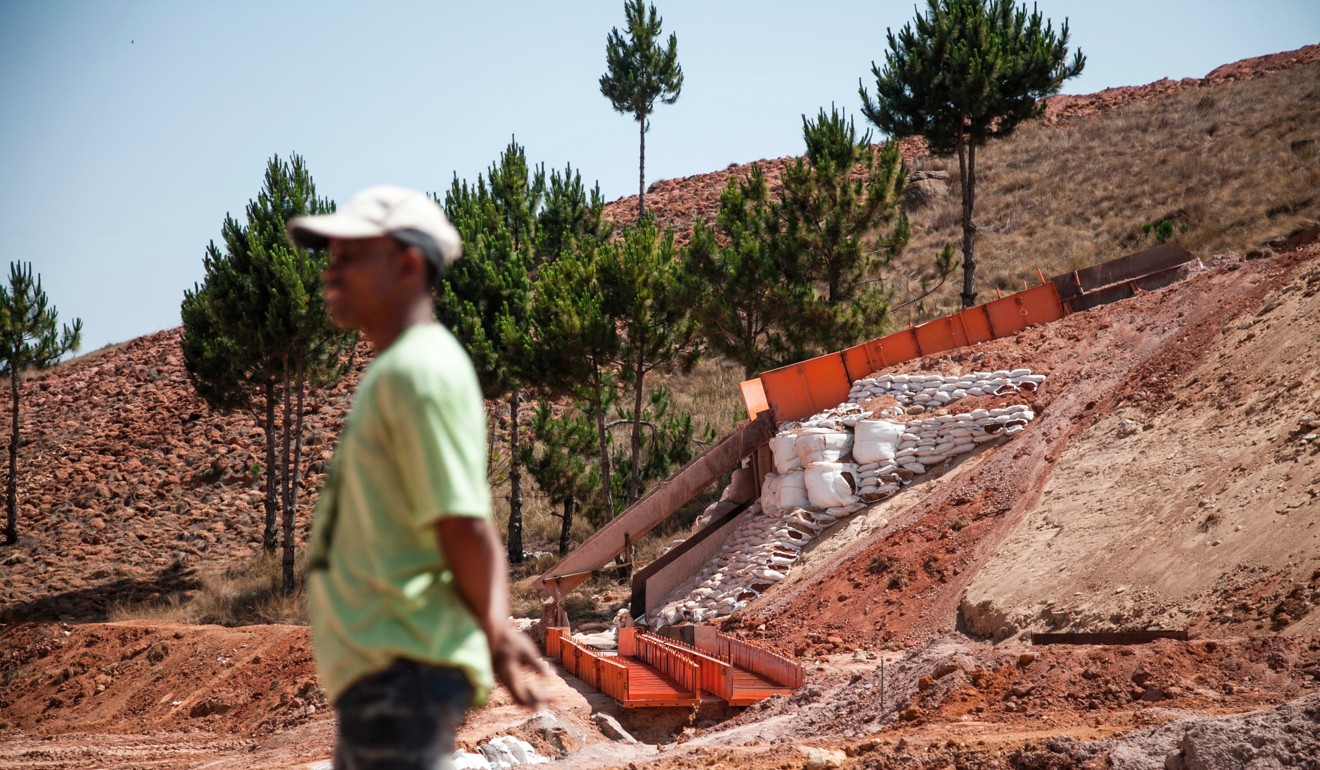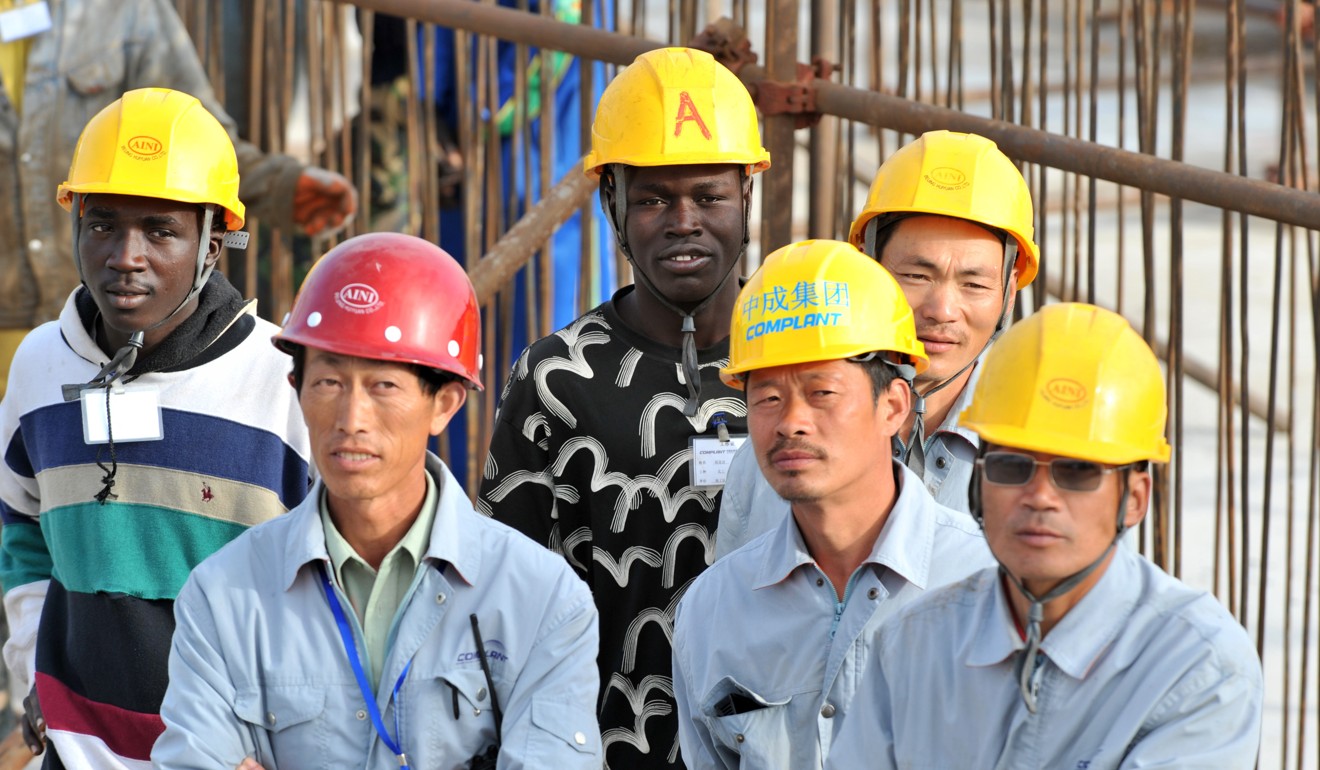
Chinese firms expand reach in Africa amid fears of ‘new colonialism’
Already dominant in the continent’s manufacturing and resource sectors, Chinese firms are pushing into new areas and leaving their western counterparts in the dust, a report says
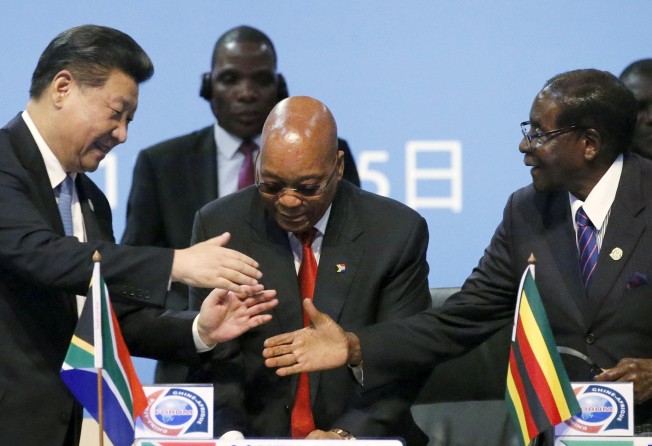
Chinese firms operating in Africa are likely to see rapid growth in the coming decade as they expand their dominance in manufacturing and resources into new areas such as services and logistics, according to a report released in Beijing on Friday.
China’s involvement in the continent already dwarfs that of France, Britain and the US, and Chinese companies could amass combined revenues of US$440 billion in 2025, about twice those of Apple last year and more than double the US$180 billion they generated in 2015, according to the report by McKinsey & Company.
“Neither Western partners such as France, the UK and the US, nor major developing countries such as India and Brazil match China in the depth and breadth of involvement in Africa”, the report said.
“Make no mistake: China is already Africa’s biggest economic partner.”
The growth can be attributed to Chinese firms’ dominance in Africa’s manufacturing, resources and infrastructure sectors and their expansion into five new sectors: agricultural, banking and insurance, housing, technology and telecommunications, and transport and logistics, the consulting company said in the report, titled Dance of the Lions and Dragons.

China was also among the top four partners for African countries in all five areas surveyed by McKinsey: trade, investment stock, investment growth, infrastructure financing and aid, the report said.
The survey’s findings show how far China has come in its ties to Africa since Beijing adopted a “cement and concrete diplomacy” to engage the continent in the late 1960s. In return for the railways and roads China funded and built under that policy, African nations helped secure a seat for the mainland China on the United Nation’s Security Council in 1971.
China’s trade with Africa has grown exponentially since the establishment of a triennial ministerial-level forum on China-African cooperation in 2000, and got a further boost after a 2006 summit between then-president Hu Jintao and 48 African nations, including 42 heads of state, in Beijing.
At his first summit with African leaders in Johannesburg, South Africa, in December 2015, President Xi Jinping pledged US$60 billion in funding to finance 10 new partnerships with Africa. They ranged from energy, industrial and agricultural projects to security and military cooperation and emergency food and health aid.
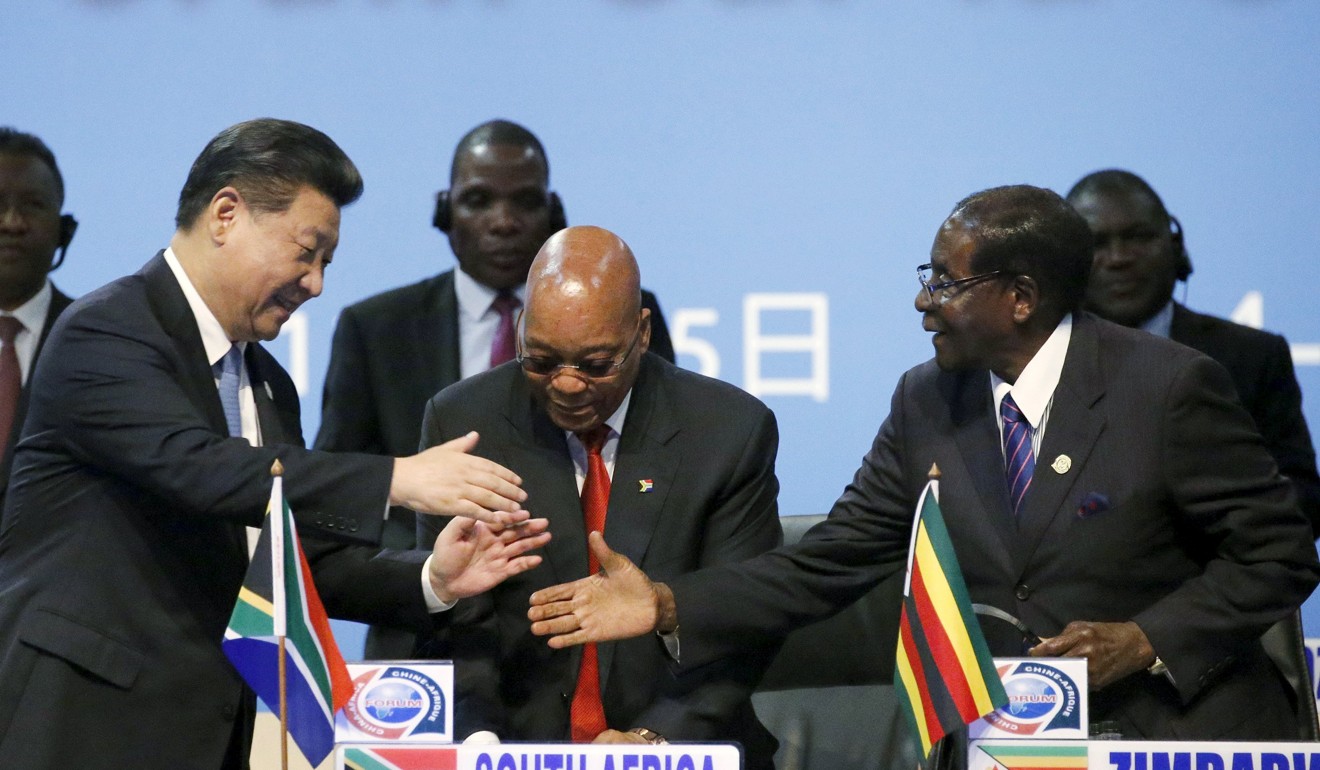
Talking to more than 1,000 Chinese companies in eight African countries over the past two years, the researchers found that while major infrastructure projects by Chinese state-owned enterprises might grab the headlines, in fact around 90 per cent of the 10,000 or so Chinese businesses in Africa are privately owned.
And these firms are making healthy profits. Nearly a quarter said they had covered their initial investment in one year or less, and a third reported profit margins of over 20 per cent, as rivals are few in local market.
“There’s a lot of hype about China’s investment in Africa, and also there’s a lot of fear and anxiety about new colonialism,” said Kartik Jayaram, a senior partner at McKinsey.
“In our fact-finding survey, we found there are already over 10,000 Chinese firms operating in Africa – four times the previous official estimates.”
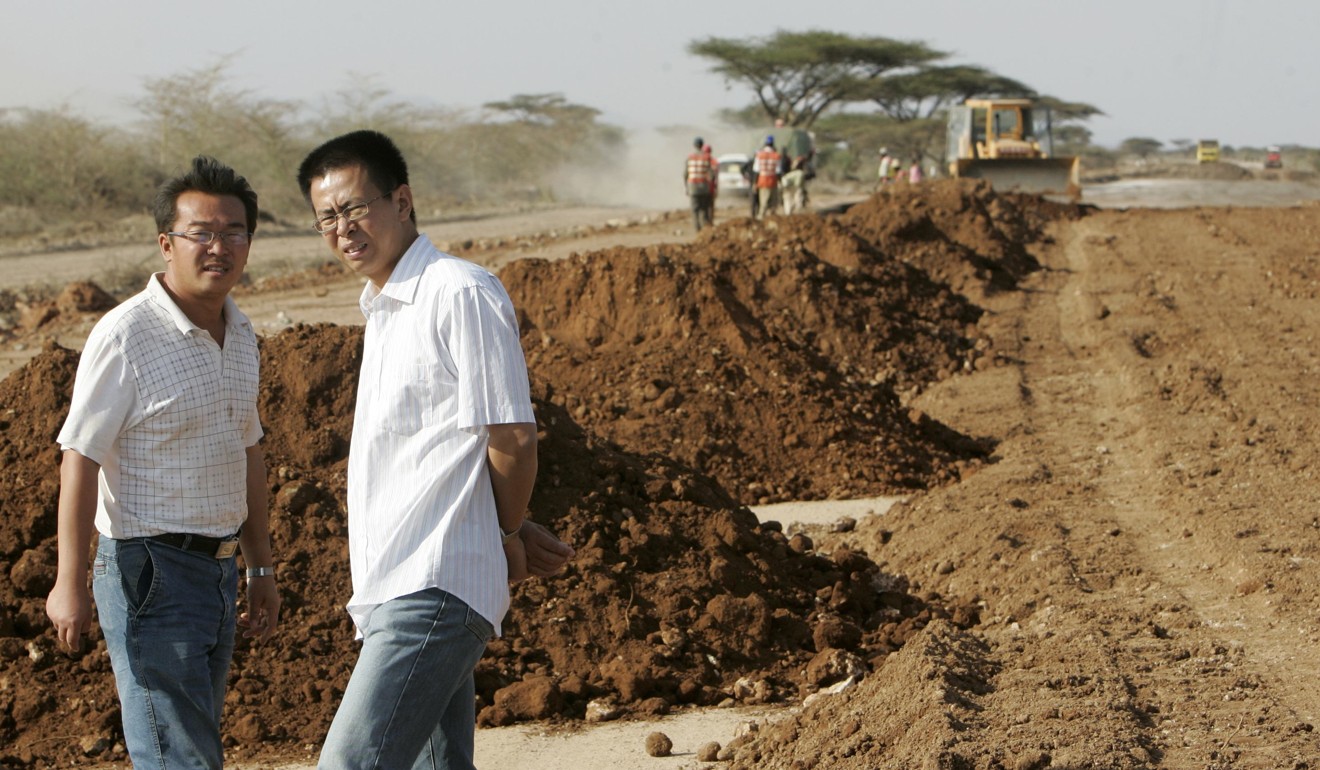
While the companies created jobs and brought new products and technology to the continent, breaches of labour regulations are more common among Chinese firms than among other foreign-owned firms, it said.
Human rights groups have criticised working conditions at Chinese firms in Africa.
A study published by the Johns Hopkins China-Africa Research Initiative in February found that less than half of Chinese firms in Kenya had employment contracts for all their employees, compared with 100 per cent for American firms.
In 2011, Human Rights Watch said there were substantial employee safety violations in copper mines in Zambia run by Chinese state firms.
McKinsey meanwhile warned that some African countries could default on Chinese debt, especially Zambia, where debt levels are reaching a critical level. That could force Beijing into additional rounds of debt forgiveness and into rethinking its debt-fuelled infrastructure provision model in Africa, it said.
Nevertheless, it predicted that Chinese investment into Africa would accelerate, as a slowing economy at home pushes Chinese investors seek higher returns abroad. Recent rules making it easier for Chinese to invest abroad via Hong Kong funds will help enable this shift, even with Beijing’s current capital controls, it said.
